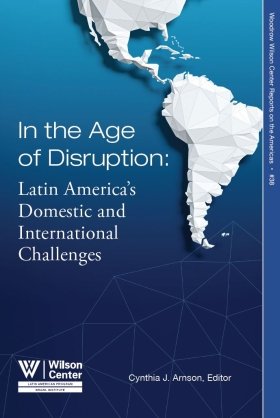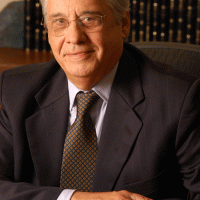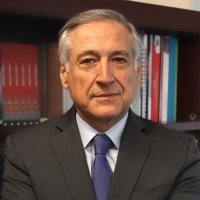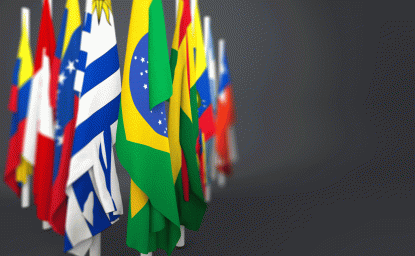In the Age of Disruption: Latin America’s Domestic and International Challenges (No. 38)



In the Age of Disruption: L... by on Scribd
Corruption scandals have roiled politics across Latin America. Corruption was a potent issue in the recent presidential elections in Mexico and Brazil, and has contributed to an erosion of public faith in democracy throughout the hemisphere. This is true even as judicial systems demonstrate new strength and capacity to bring public officials and wealthy elites to account, and as private companies themselves become more vigilant in the wake of such mega-scandals as the one involving Brazilian construction giant Odebrecht.
Alongside the upheavals in domestic politics are the ways that U.S. trade policies carried out in the name of “America First” have altered the calculus around regional economic integration. For now, the drive for regional integration and expanded commercial relations between Latin America and Asia stand in contrast to the protectionist policies of the Trump administration. Regional and U.S. views of China’s role in the hemisphere similarly diverge, with an economic lens prevailing for the former and geo-strategic calculations driving the U.S. approach. How will countries of the hemisphere navigate these new realities in pursuit of economic growth and development?
In the Age of Disruption: Latin America’s Domestic and International Challenges contains the insights of distinguished public and private sector leaders from ten countries of the Americas. Framing essays by former president of Brazil Fernando Henrique Cardoso and former foreign minister of Chile Heraldo Muñoz identify the major risks and opportunities for the region at a time of domestic and international upheaval.
As noted by report editor Cynthia J. Arnson, disruption in domestic politics and international relations unleashes forces of destruction as well as creativity. Understanding those forces is a first step toward harnessing their positive potential.
This report is a co-publication of the Latin American Program and the Brazil Institute.
Table of ContentsIntroduction
Cynthia J. Arnson
Part I. Domestic Disruption: The Political Impact of Corruption in Latin America
Corruption and Politics: A Sociologist’s Viewpoint
Fernando Henrique Cardoso
Understanding the Historical Dimensions and Current Salience of Corruption in Latin America
Daniel Zovatto, Margarita López Maya, Rafael Fernández de Castro, Arturo Valenzuela
Strategies for Overcoming Corruption
Gabriela Hardt, Claudia Escobar, Gonzalo Smith, Ricardo Uceda, Jaime Alemán
Part II. Adjusting to Disruption in the International Arena
The New Directions of Regional Integration
Heraldo Muñoz
The Changing Patterns of Regional Integration
Jorge Heine, José Octavio Bordón, Marisol Argueta de Barillas, Caroline Freund
Author

Contributors



Latin America Program
The Wilson Center’s prestigious Latin America Program provides non-partisan expertise to a broad community of decision makers in the United States and Latin America on critical policy issues facing the Hemisphere. The Program provides insightful and actionable research for policymakers, private sector leaders, journalists, and public intellectuals in the United States and Latin America. To bridge the gap between scholarship and policy action, it fosters new inquiry, sponsors high-level public and private meetings among multiple stakeholders, and explores policy options to improve outcomes for citizens throughout the Americas. Drawing on the Wilson Center’s strength as the nation’s key non-partisan policy forum, the Program serves as a trusted source of analysis and a vital point of contact between the worlds of scholarship and action. Read more


Brazil Institute
The Brazil Institute—the only country-specific policy institution focused on Brazil in Washington—aims to deepen understanding of Brazil’s complex landscape and strengthen relations between Brazilian and US institutions across all sectors. Read more




